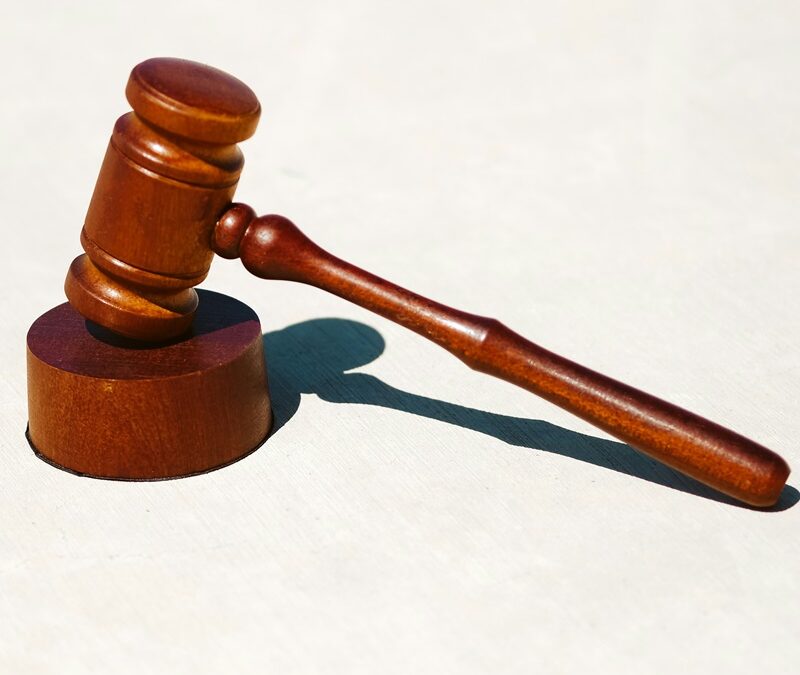The Importance Of Good Corporate Governance
The Importance Of Good Corporate Governance
The Importance Of Good Corporate Governance
The High Court’s recent decision in JMW Solicitors LLP vs Injury Lawyers 4U Limited shows how important it is for company directors and shareholders to follow good corporate governance to avoid costly disputes. The case dealt with legal issues such as the:
- Valid appointment of directors.
- Valid transfer of shares and permitted transferees.
- Duomatic
- Level of evidence required to prove bad faith by directors and/or shareholders.
What was the background to the case of JMW Solicitors LLP vs Injury Lawyers 4U Limited [2025] EWHC 1045 (Ch)
In 2002, Andrew Twambley, Martin Cockx, and Denise Wilkinson of the law firm Amelans set up Injury Lawyers 4U (IL4U). IL4U’s purpose was to claw back personal injury lead generation from other claims companies. The founding shareholders of IL4U contributed £10,000 per annum. They also received a slot on the rota on which leads from television advertisements would be allocated.
IL4U required more investment, so more law firms were brought in. They became panel members not shareholders and paid £15,000 per annum. To reflect the risk taken in setting up the new venture, the founding shareholders’ annual contributions remained at £10,000.
This setup was recorded in a supplement to the Shareholders’ Agreement.
In 2013, a new Shareholders’ Agreement was put in place. It made no reference to the difference in annual fees between founding shareholders and panel members. However, the distinction continued until shares were transferred to the owners of Express Solicitors who subsequently bought Amelans.
In 2023, the price differentiation (referred to as the Slot Price Differential) was removed. Three founding shareholder law firms filed proceedings for a court declaration that the £10,000 per annum price could not be deleted and an injunction to prevent such an action.
What did the Court decide?
His Honour Justice Cawson gave a reverse summary judgment.
What is a summary judgment?
A summary judgment is where the Court decides on all or part of a case without a trial because the facts are not in dispute or the case has no merit. The burden of proof is on the party that applies for the summary judgment.
A reverse summary judgment is where the party responding to an application for a summary judgment is granted a decision in their favour.
He stated that the argument that the 2003 supplement remained binding due to the importance and value of the founding shareholders reduced annual contribution was ‘hopeless’ because the 2013 Shareholders’ Agreement clearly stated that it superseded all previous agreements.
The Court did, however, permit the Claimants to file an application to amend their Particulars of Claim. They did so, arguing (among other points) that the Slot Price Differential should not be removed because:
- Two of the directors who authorised the discontinuation had been appointed invalidly due to breaches of the Articles of Association.
- There had been an invalid transfer of shares to one of the invalidly appointed directors (M).
- The removal was in breach of good faith because the removal of the Slot Price Differential was to the significant financial disadvantage of the Founding Shareholders, benefited only the Panel Members (including Express Solicitors) and gave rise to a conflict of interest. This was poor corporate governance.
The High Court’s decision
Breaches of Articles of Association and invalidity of the appointment of two directors
The Defendants successfully argued that the appointments were subsequently ratified in board meetings, invoking the Duomatic principle which allows for actions to be validated when all shareholders agree outside of formal requirements.
What is the Duomatic principle?
The Duomatic principle gets its name from the case Re Duomatic Ltd [1969] 2 Ch 365 which defined the principle as:
‘…where it can be shown that all shareholders who have a right to attend and vote at a general meeting of the company assent to some matter which a general meeting of the company could carry into effect, that assent is as binding as a resolution in general would be.’
The Duomatic principle applies even if the company’s Articles of Association state that the matter in question must be decided at a general meeting.
Invalid transfer of shares
In considering the validity of the transfer of shares to M, His Honour Justice Cawson looked at the often contentious issue of ‘permitted transferee.’ He concluded that there was no evidence that the transfer of shares to M was a sham and against the interests of the founding shareholders. He also emphasised that good corporate governance involved the board considering all shareholders’ interest, not just the company’s founding members, when making decisions.
Removal of the slot price differential a breach of good faith
The Court stated that any allegation that an action by a company director or member was not in good faith must be supported by robust evidence. The evidence had to show proof of dishonesty or uncommercial conduct, something that the Claimants did not provide.
Concluding comments
The case of JMW Solicitors LLP vs Injury Lawyers 4U Limited illustrates the importance of good corporate governance to avoid disputes, including:
- Having a well-drafted Shareholders’ Agreement that sets out who has the permission to dispose or transfer company shares and the steps required for a transfer to take place.
- A robust Articles of Association that is reviewed regularly to ensure it meets your organisation’s corporate governance requirements as the company grows.
- The keeping of accurate records of all director and shareholder decisions and the reasons behind them.
- Being alive to instances where the Duomatic principle may be applied to a company matter.
Getting legal advice
Regardless of how close you and a fellow shareholder are on a personal level, disputes can happen, usually when you least expect it. Having a Shareholder Agreement and bespoke Articles of Association in place will ensure that there is a dispute resolution method you can fall back on, as well as written, previously agreed-upon instructions on how to deal with share transfers. Having these documents also indicate good corporate governance, which is important when attracting investment and partners who can add value to your venture.
To find out more about any matters discussed in this article, please email us at info@43legal.com or phone 0121 249 2400.
The content of this article is for general information only. It is not, and should not be taken as, legal advice. If you require any further information in relation to this article, please contact 43Legal.
Melissa Danks is the founder of 43Legal. She has over 20 years’ experience as a solicitor working within the legal sector dealing with issues relating to risk management, dispute resolution, and advising in-house counsel in SMEs and large companies. Melissa has extensive expertise in providing practical, valuable, modern legal advice on large commercial projects, joint ventures, data protection and GDPR compliance, franchises, and commercial contracts. She has worked with stakeholders in multiple market sectors, including IT, legal, manufacturing, retail, hospitality, logistics and construction. When not providing legal advice and growing her law firm, Melissa spends her time running, walking in the countryside, reading and enjoying downtime with close friends and family.












